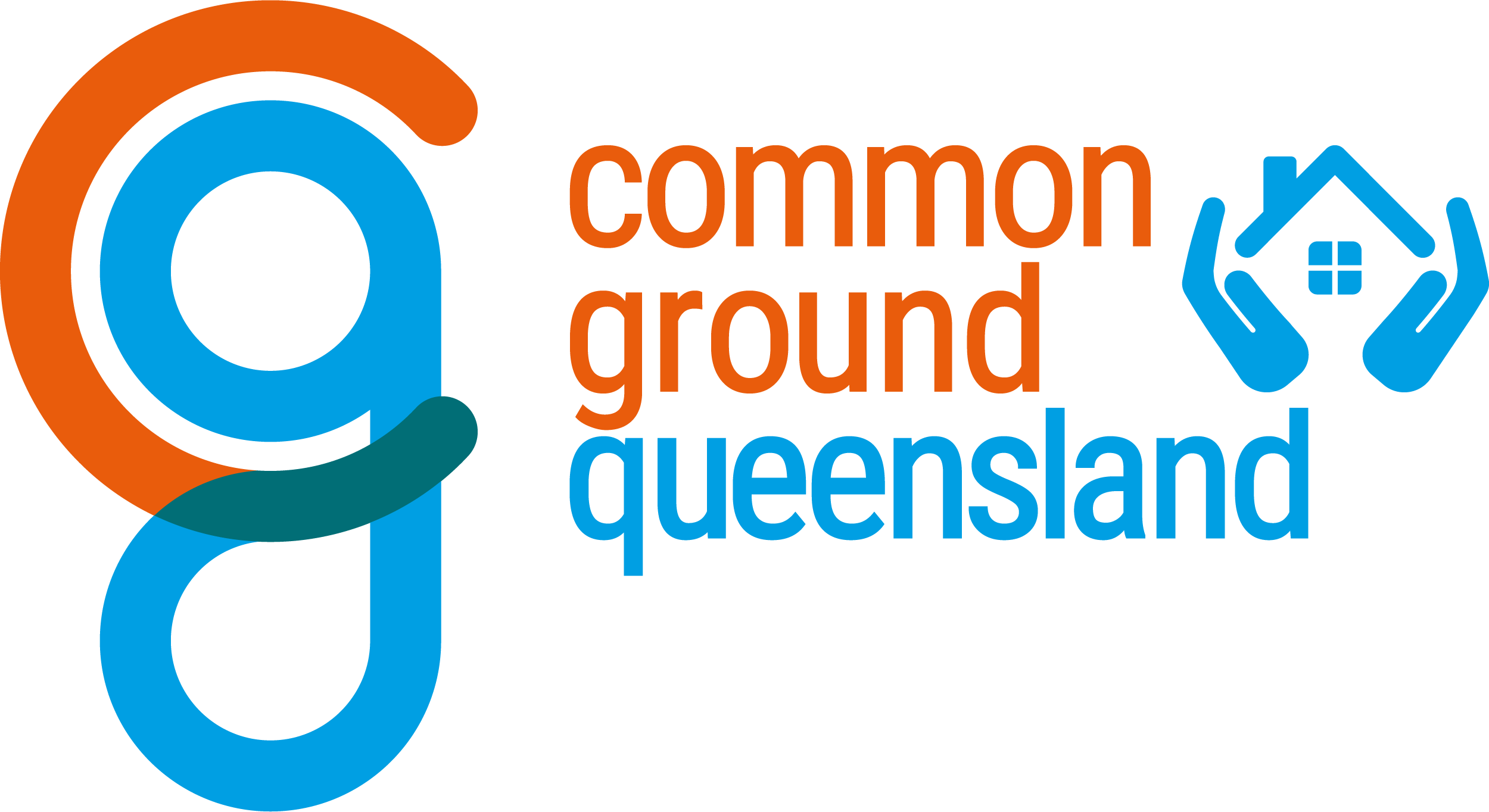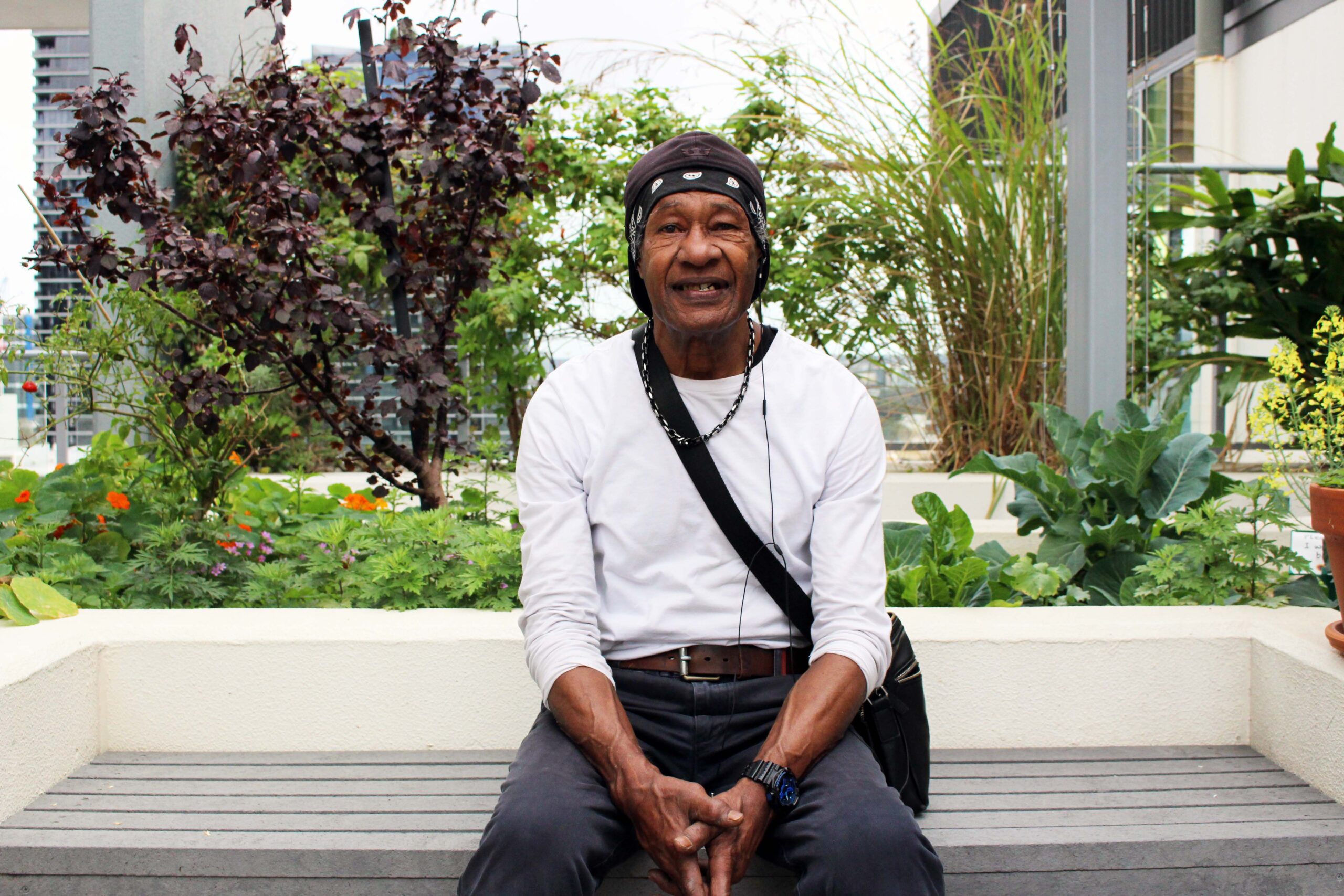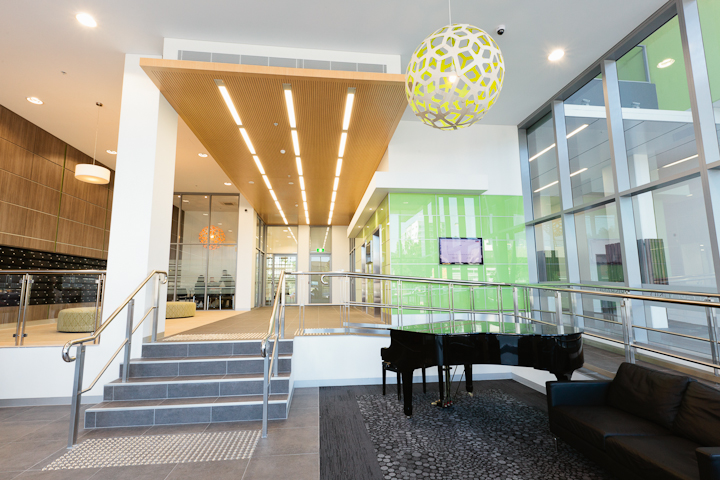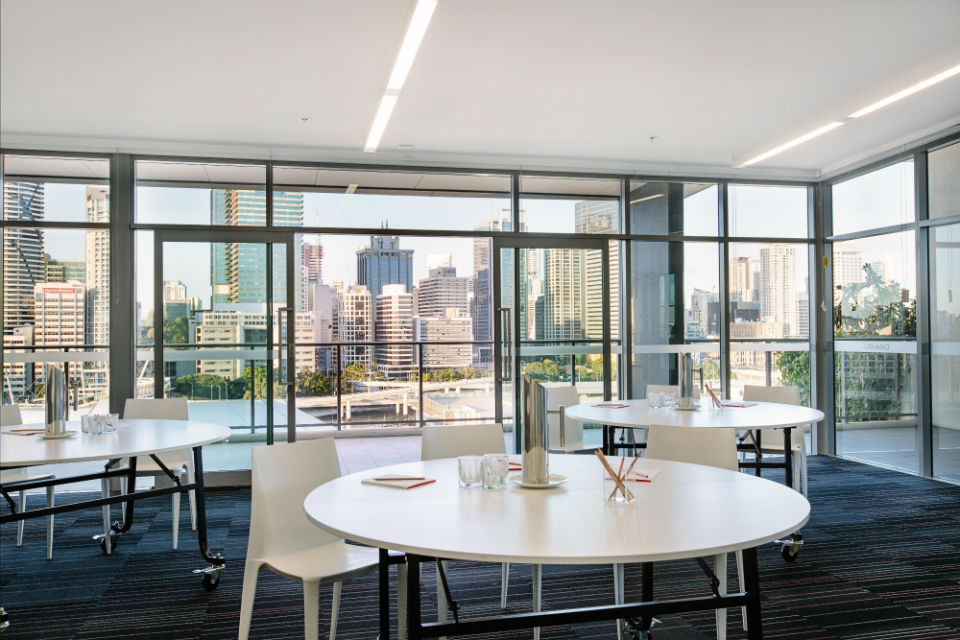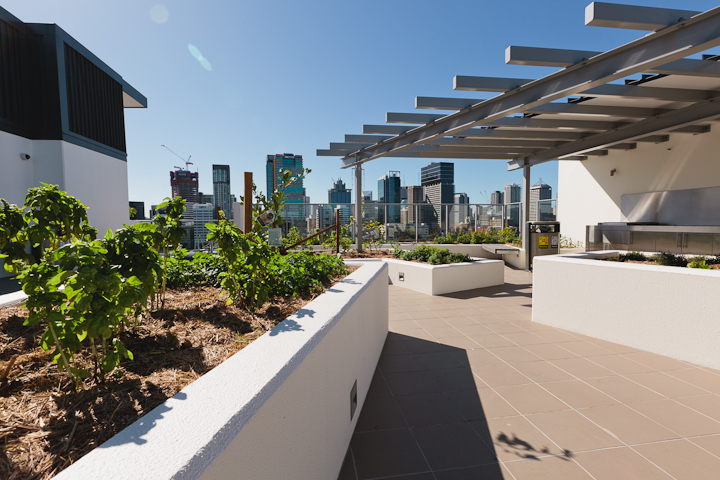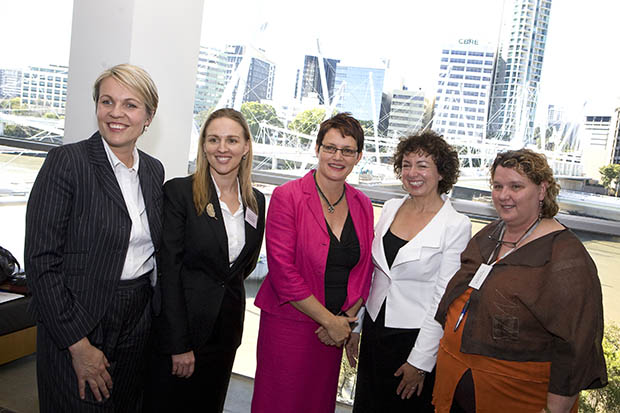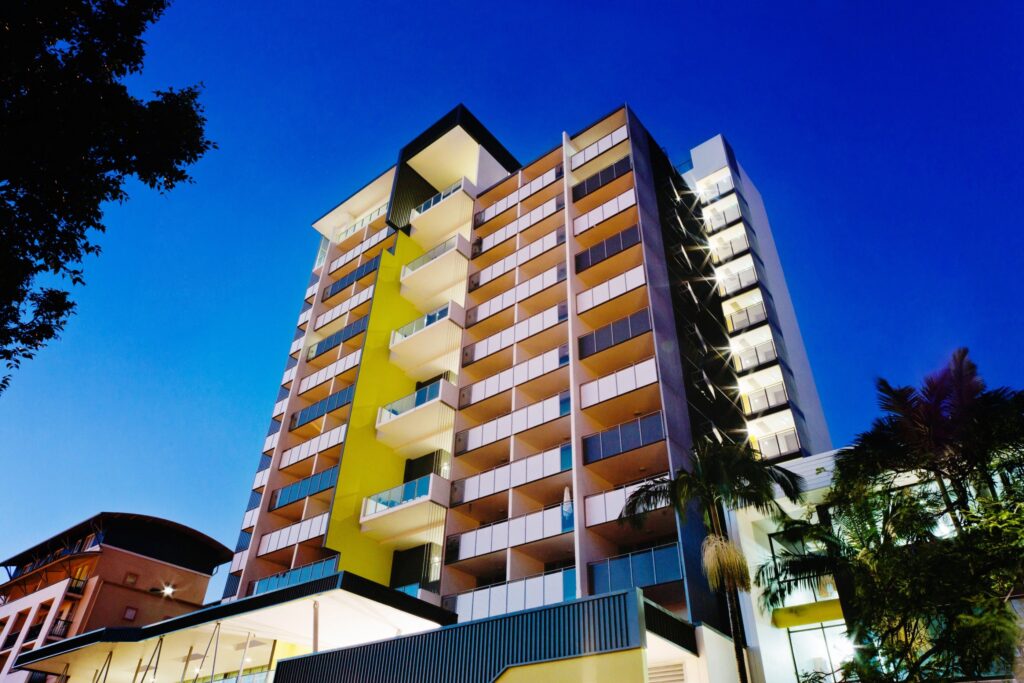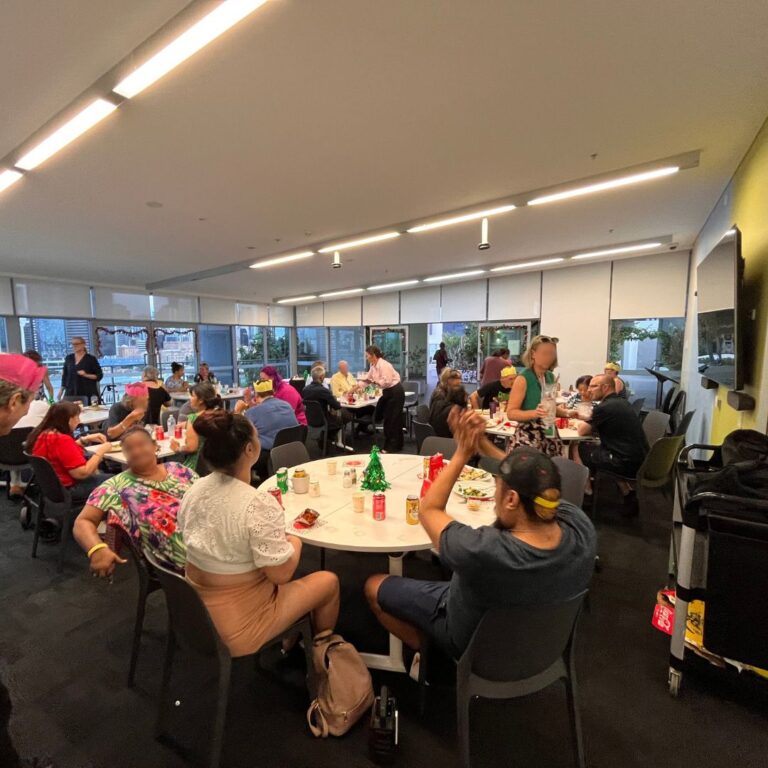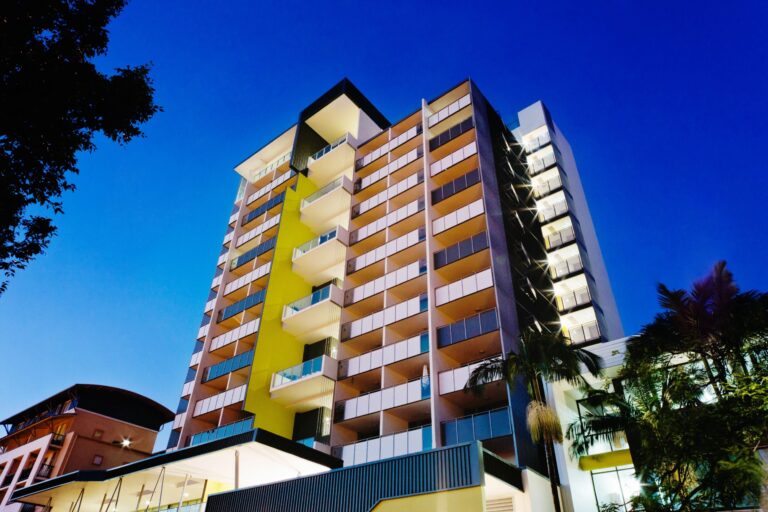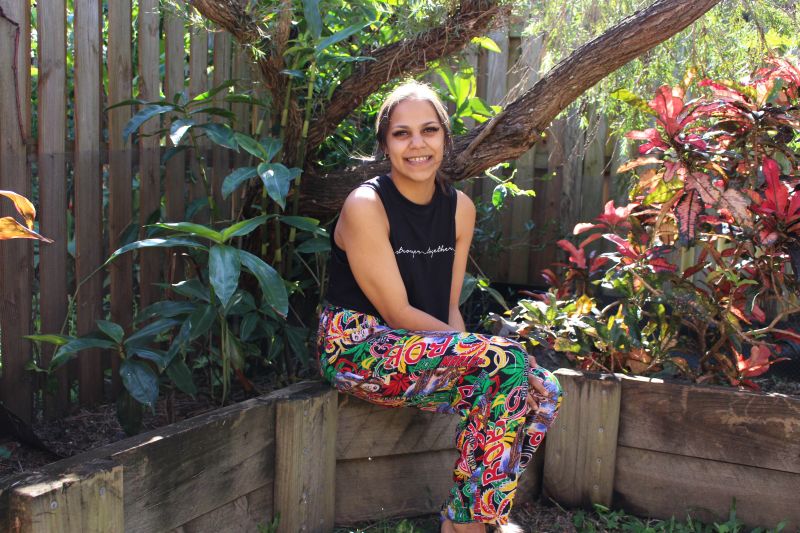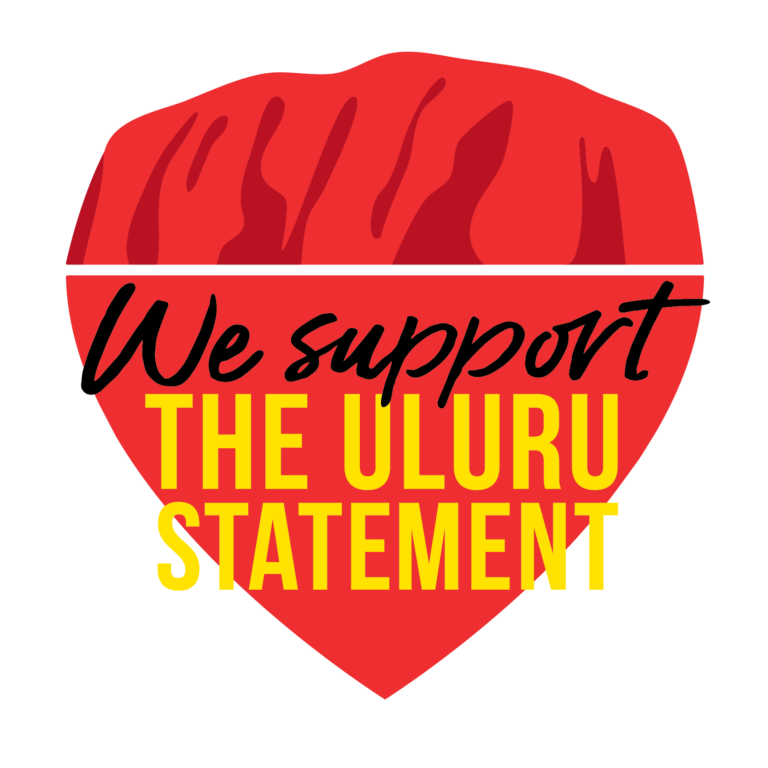This document is a written submission that outlines five (5) key considerations that form Common Ground Queensland’s response to the National Housing and Homelessness Plan – Issues Paper developed by the Australian Government’s Department of Social Services.
1. Supportive Housing must be included in the plan to address chronic homelessness.
Supportive Housing is a Housing First approach that prescribes safe and permanent housing as the first priority for people experiencing homelessness. Once housing is secured, a multidisciplinary team of on-site support workers can address complex needs by providing tailored support and healthcare to improve quality of life.
This approach offers tenants housing first with the option to engage with support services when needed, crucial for those with ongoing issues like mental health, physical health or problematic substance use. Supportive Housing also prioritises tenant well-being by fostering meaningful connections through activities and interactions with neighbors and the building’s community.
Quality supportive housing incorporates the following components:
- Permanent, secure, affordable housing: People are housed first into subsidised affordable housing with no time limit on residency where lease conditions are met.
- Support services: Supports and healthcare are embedded and tailored to meet the individual needs of tenants. Participation in support services is not a condition to maintain the tenancy, it is offered on a voluntary basis.
- Specialist tenancy management: The tenancy and property management provide intensive and supportive tenancy management to assist tenants to sustain their tenancies.
- Separation: While the tenancy and property management and support services work closely together to maintain and support tenancies, the provision of housing and support is functionally separate. This ensures housing and support are not contingent upon one another and advocacy is provided for the tenants.
- Social inclusion: Supportive housing seeks to create independence for individuals as well as a thriving community for tenants and neighbours.
- Safety: An on-site concierge service is provided 24/7 to ensure a welcoming but controlled access to the building.
Providing people with appropriate housing and supports not only helps with reducing and preventing homelessness, but also reduces unnecessary hospital admissions and involvement with the criminal justice system. For people who experience chronic homelessness and exhibit high use of health, criminal justice and homelessness services, a tenancy at Brisbane Common Ground is associated with a reduction in service use that, even when the cost of providing Brisbane Common Ground are included, constitutes a cost offset of $13,100 per person per year.
This academic cost offset report demonstrates that due to the supportive housing that tenants received, they reduced their use of public resources, such as the justice and health system [1] demonstrating that it is significantly more cost effective to provide permanent, affordable and supportive homes compared with keeping people chronically homeless.
2. Investment into data and research is required to contribute to the evidence base on housing outcomes.
Data and research is central to the success of solving the housing and homelessness crisis. Adequate resources and funding should be made available for Community Housing Providers, Specialist Homelessness Services and others to work with academics to undertake research into the effectiveness of their housing models and contribute to a more complete evidence base.
3. Supporting Community Housing Providers to embed tenant participation and engagement strategies and activities to inform service improvement will result in better outcomes for tenants, organisations and the sector.
Tenant Engagement is critical in identifying opportunities for Community Housing Providers to improve their service offerings. Hearing the voices of those who use housing services allows them to participate in giving valuable feedback, decision-making and problem-solving to inform better outcomes for delivering housing outcomes. At Common Ground Queensland, we work directly with our Brisbane Common Ground tenants to develop strategies where their feedback contributes directly to improve services.
4. A focus on increased resourcing for prevention and early intervention strategies and activities will result in better outcomes in the longer term.
A focus on prevention and early intervention in the homelessness sector provides opportunities to prevent the harms of homelessness, particularly when working with families and young people. There is a critical need to reorient homelessness responses toward upstream prevention and away from an emergency response. Investment in programs that intervene early to work with families that are at risk of experiencing homelessness in supportive housing programs for example, is an investment in keeping families together, enabling them to overcoming the challenges that are experiencing and supporting young people to thrive in a supportive environment.
5. Clarification and agreement of the definition of “affordable housing” across the sector.
The definition of affordable housing across jurisdictions and governments varies and needs to be clarified and agreed across the sector. At the policy level, the use of the term should be broadly consistent and clearly articulated so that at a minimum, affordable housing models should meet the needs of those on the lowest incomes.
[1] Parsell, C., Petersen, M., Moutou, O., Culhane, D., Lucio, E. and Dick, A. (2015). Brisbane Common Ground evaluation: final report. Institute for Social Research, University of Queensland, Brisbane, accessed 18 November 2022, https://issr.uq.edu.au/files/4003/ BrisbaneCommonGroundFinalReport.pdf.
